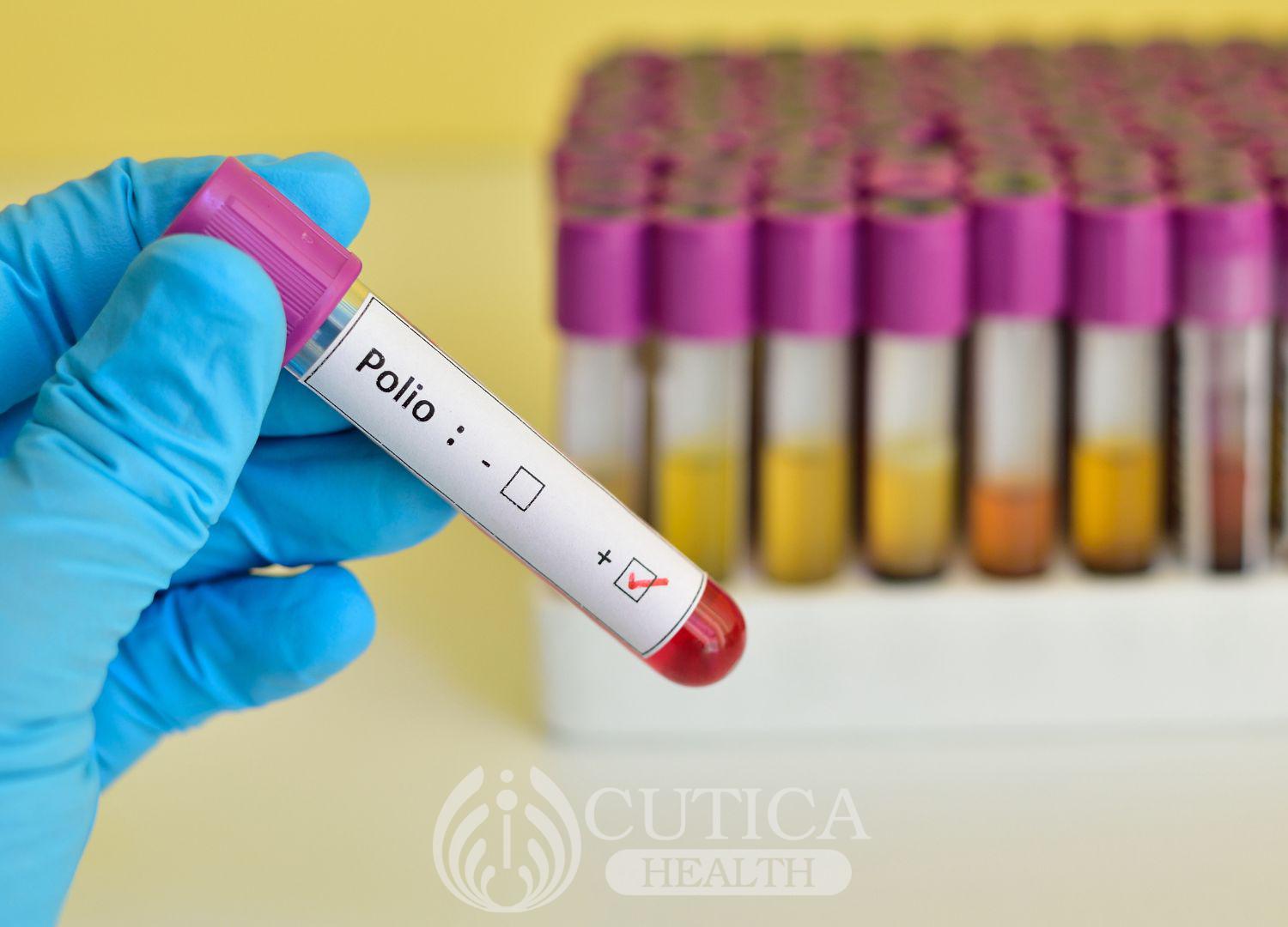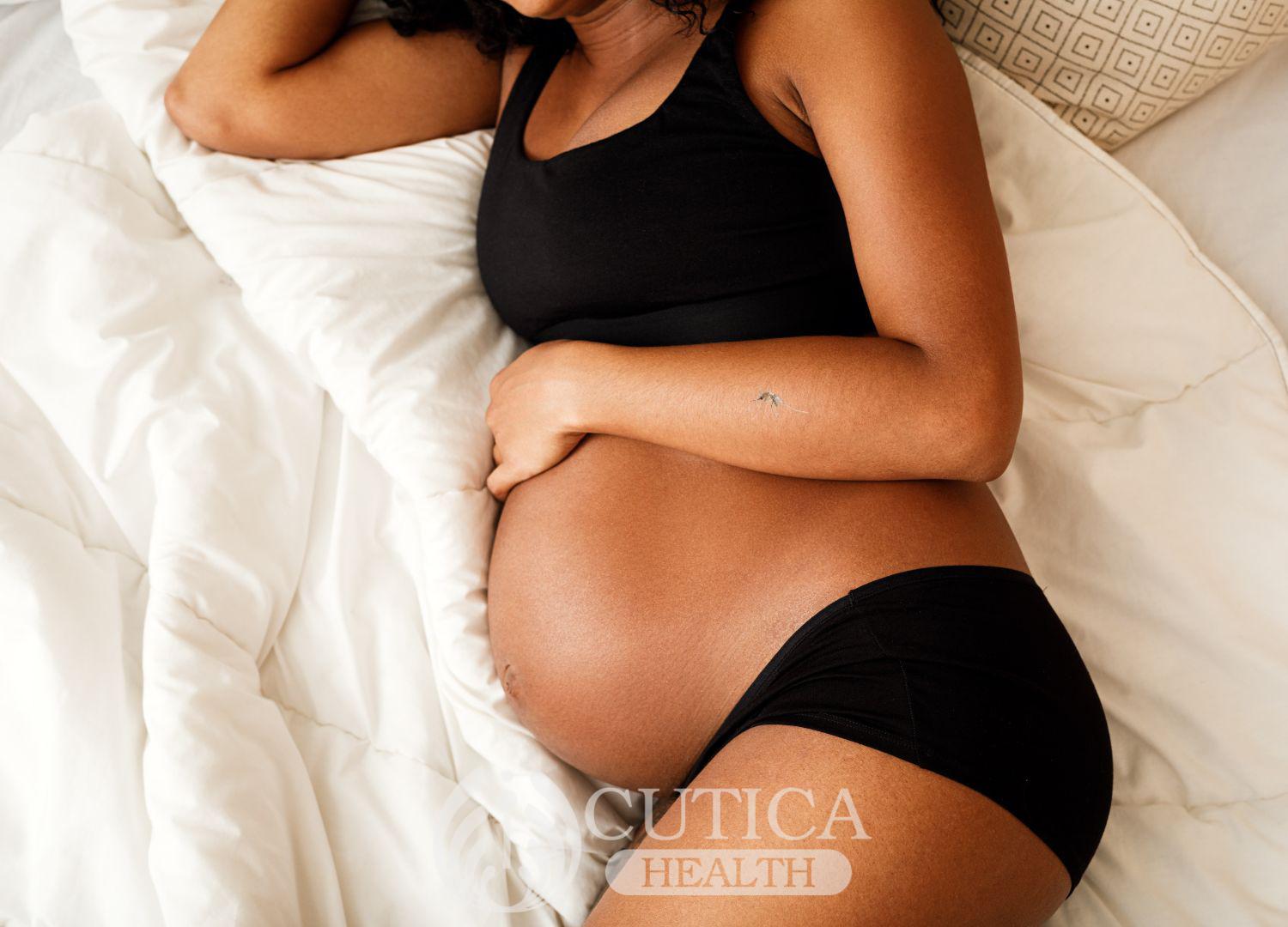
“Hey, everyone! Nurse Anita just called in sick; she’s got cold sores and can’t come to work today”, Jack said. Anita had said she had noticed her kids fall ill with lots of blisters in their mouths, and she must stay home with them.
Cold sores are also called fever blisters or fever sores and almost everyone has had it at one time or the other. Cold sores are small blisters that appear on or around the lips that usually break and form scabs after a couple of days.

What Causes Cold Sores?
Cold sores are caused by two virus types called herpes simplex virus (HSV) type 1 and 2, although more commonly by the former. These viruses are easily spread from person to person when one comes in contact with the saliva or respiratory droplets of an infected person. So, when you kiss someone who has cold sores, you are likely to contract it from them if you’ve never had cold sores before. Sharing spoons, razors, and towels can also spread type 1 HSV.

Cold sores come with blisters that ooze clear fluids and then crust over after bursting. Cold sores also come with tingling and itching in your mouth. Other symptoms that come with cold sores include:
- Fever
- Swollen and painful gums
- Muscle aches
- Body aches
- Swollen lymph nodes
- Headache
- Tiredness
Once you have had one episode of cold sores, the virus lies in your body dormant for life, typically without causing symptoms. But you may have a repeat episode triggered by any of the following:
- Stress
- Hormonal changes, such as menstruation or pregnancy
- Fever
- Injury to your skin
- Low immunity
- Skin diseases
Are Cold Sores Treatable?
Cold sores are not curable. That means, there are really no medications to take the illness away; there are, however, medications to reduce the severity and duration of your symptoms. Your doctor will prescribe fever medicines, painkillers, and in severe cases, antiviral drugs.

Cold sores resolve on their own, regardless of what you do. The sores disappear within a week and resolve without leaving any scars. Nonetheless, no one wants to experience these symptoms and stay away from friends and family. So here are tips to preventing it.
- Practice Hand Hygiene: Ensure you wash your hands regularly with soap and water or an alcohol-based hand wash. This rids your hands of the virus if you had accidentally picked it up from a contaminated surface
- Avoid kissing and skin contact with infected persons: This may be a tall call; staying away from close contact with your kids or friends who have got the blisters, but it is an effective way of avoiding the spread of the virus
- Avoid Sharing items: Avoid sharing handkerchiefs, towels, lip balms, face caps and other items that can easily be infected by the blisters in the mouth.

Cold sores are highly contagious and are usually spread via close contact, especially with contact with saliva of an infected person. Take the right steps today by practicing hand hygiene and not sharing highly contaminable objects with an infected person.












